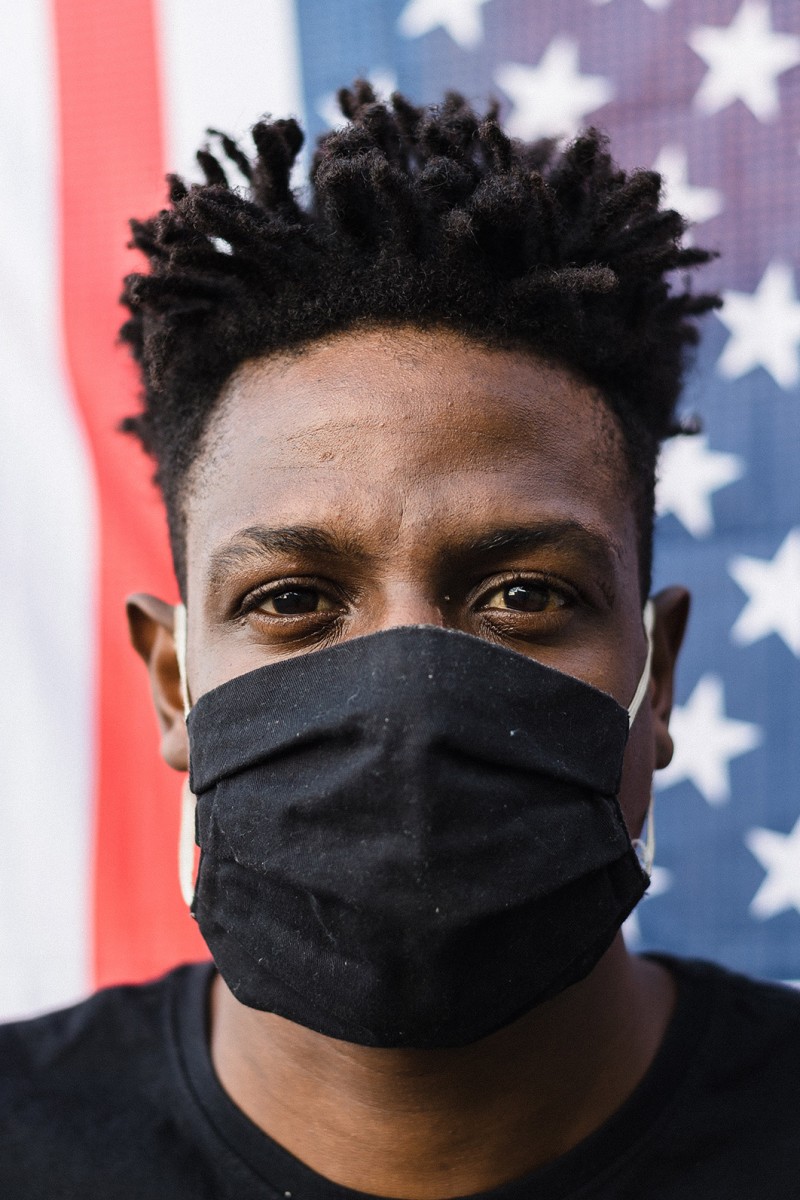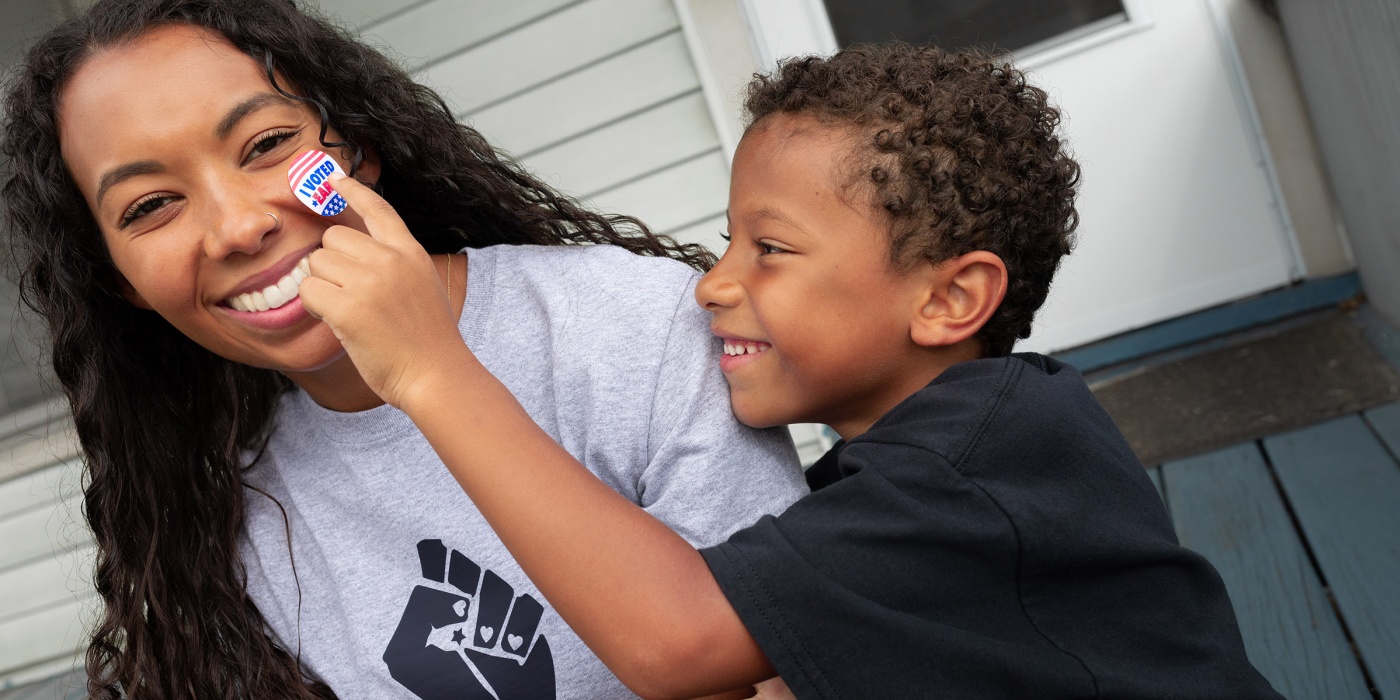In 2019, there were more than 940 hate groups in America, marking a 55% increase since 2017—a dynamic that came to a head in the 2021 near overthrow of a democratic election in which millions of Black Americans made their voices heard despite massive, open attempts at voter suppression. Americans across the country watched in horror as individuals dressed in racist symbolism perpetrated violence on our Capitol Building and elected officials and erected a hanging gallows on those sacred grounds.
More than 400 years after the first enslaved people were brought to America and sold as property, our country has not healed. Despite the advances of the civil rights movement, we remain a country painfully divided by a gaping wound that, if not healed, could prove fatal to the soul of our national community.
The remnants of slavery affect the lives of Black Americans in profound ways that our country must urgently address through policy and action. At the foundation of that action, however, must be a common understanding of the facts.
Compared to white Americans, Black Americans:
- Hold only 10 percent of the median wealth of their white counterparts
- Have a lower life expectancy. In Chicago, the life expectancy in the wealthy Streeterville neighborhood is 90 years old, but just 9 miles away in the south side Englewood neighborhood, the life expectancy is just 60 years old.
- Experience 2X higher unemployment than white Americans
- Black Americans are 37 percent more likely to die of COVID-19
- Are 2X as likely to die of heart disease and 3X as likely to die in childbirth
- Are 20 percent more likely to report psychological distress and 50 percent less likely to receive counseling or mental health treatment
- Will earn $1 million less over their lifetimes
- Are 34 percent less likely to hold a college degree and half as likely to receive Advanced Placement credit in high school
- Are 40 percent less likely to own a home and more likely to be denied financing by a bank
- Are 5 times more likely to be imprisoned, even for some of the same crimes, and are more likely to be denied bail when arrested
In American race relations, the past is present—but it need not be prologue. With a concerted national effort around truth and reconciliation, we believe America can heal and step into the light of unity, love and justice.

Not everything that is faced can be changed, but nothing can be changed until it is faced.

